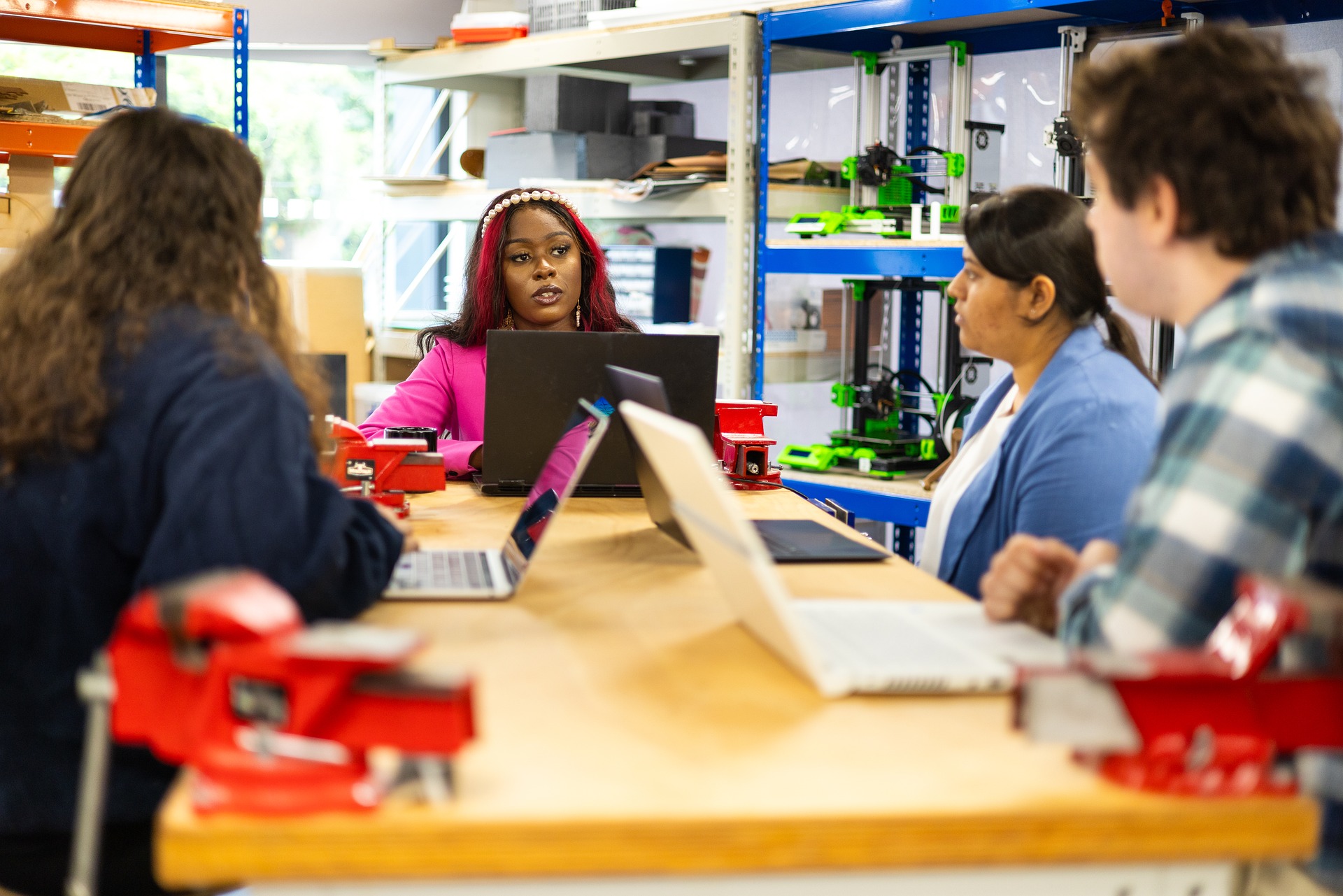Breakthrough AnnouncementTexas State University College of Science and Engineering (TXST) in San Marcos, Texas has begun the Start-up Phase for its decision whether to be the lead university for the proposed TUEE Collaboratory national initiative to transform undergraduate education in engineering (TUEE). TXST is in the process of inviting major technical companies in the Austin/San Antonio area to be Strategic Corporate Partners (SCPs) in this two-year pilot project. TXST Alumni working for the SCPs would establish informal alumni chapters with each company throughout the spring 2026 semester. Alumni would complement faculty as coaches, mentors and providers of domain expertise to undergraduate students (first year through fourth year) that participate in the pilot project. This breakthrough process enables TXST to be the first large university to deliver student-centered, team-based, open ended problem solving and active project learning while faculty can focus on teaching theory and conducting research. By January 23, 2026, TXST and its SCPs will decide whether to proceed with conducting a small demonstration model throughout the balance of the 2025-2026 academic year in preparation for conducting the full comprehensive pilot in 2026-2027. It is anticipated that two or three additional large universities in the southwest and western states will join TXST as lead universities in this project. Details and announcements will be made periodically on this temporary website. |
The reemerging national movement to transform undergraduate education in engineering (TUEE) requires a shift from lectures and other forms of traditional passive student learning without placing additional demands on current faculty. The TUEE Collaboratory features a highly collaborative student-centered active learning model that features interdisciplinary, team-based, open-ended problem solving and project learning involving real-world situations, often with real customers and real potential employers, throughout the undergraduate experience. The TUEE Collaboratory model fosters a student-centered, professional practice experiential learning environment for Transforming Undergraduate Education in Engineering/computer science (TUEE). The first cohort of students will graduate in June 2027 at each lead University that would establish each regional TUEE Collaboratory.
The Solutions
Operating Framework | Innovative Features | Strategic Partners
Student Professional Practice Scholars (SPPS)

A high-potential cohort of about 30 third-year honors students majoring in BME, CS, EE, or ME with 3.0+ GPAs would be fully established by mid January 2026. The SPPS cohort provides the student teams for all student-centered projects, programs, activities and events beginning with the spring term 2026 and throughout the entire two-year project. The size of the SPPS cohort would be scaled accordingly throughout the project to be completed by June 2027. The TUEE Collaboratory model is designed so that each student participates in a wide variety of interdisciplinary student-centered team based open-ended problem solving activities and design projects throughout their undergraduate experience. Students would develop and acquire the required technical and soft skills to enter their chosen professional workplace as a practicing engineer / computer scientist. Employers would be alleviated from the perception that addressing the persistent two-years skills gap is a necessary ongoing cost of doing business.
No Disruption of Current Academic Programs
Except for the four-course academic design spine, the TUEE Collaboratory model is a large student-centered experiential education program with no changes required by The University in currently planned academic programs, courses, activities or events throughout the entire two-year proposed project. Only a few faculty and volunteer students will participate at any given time. Student leaders will be paid for approximately 12 hours per week.





